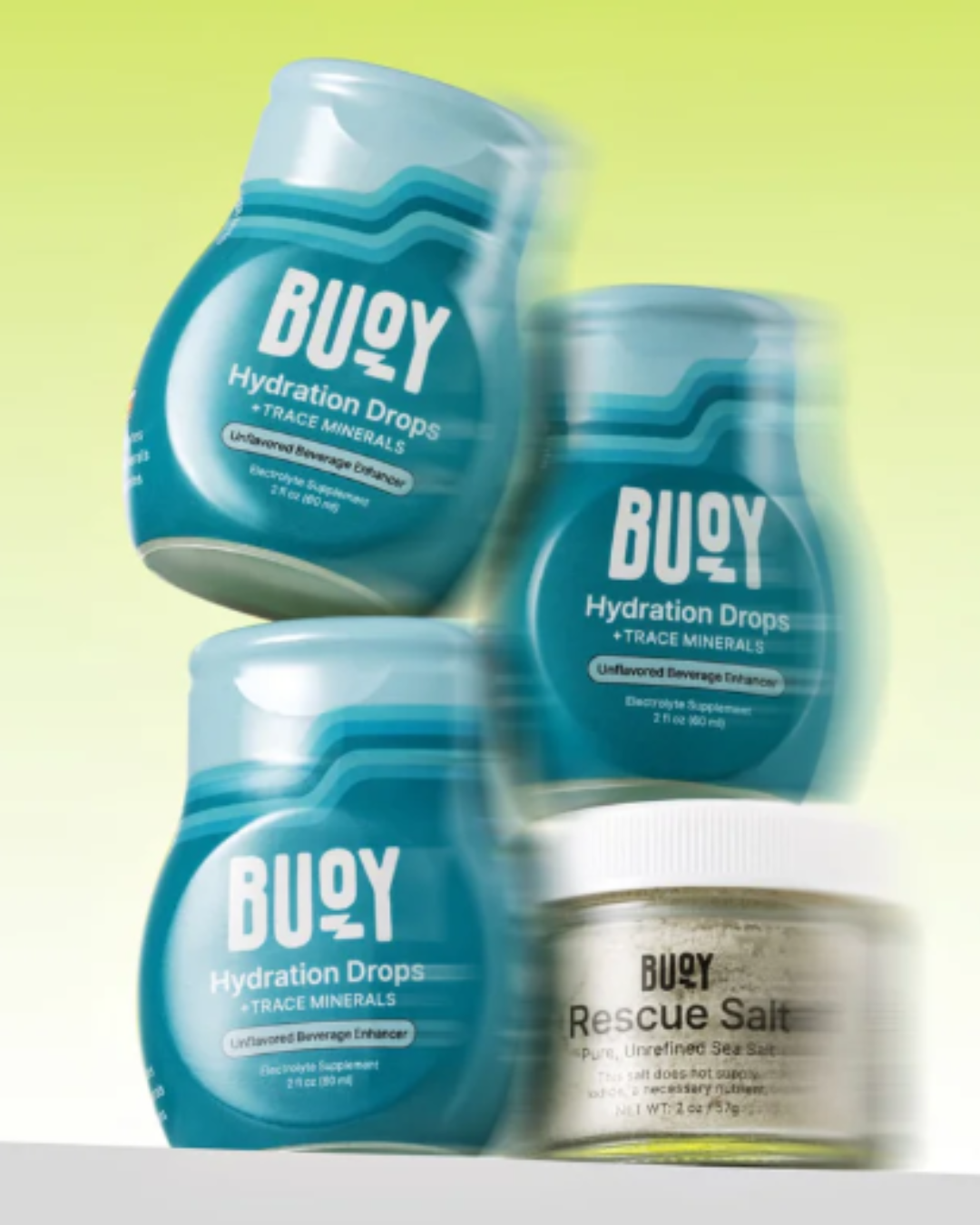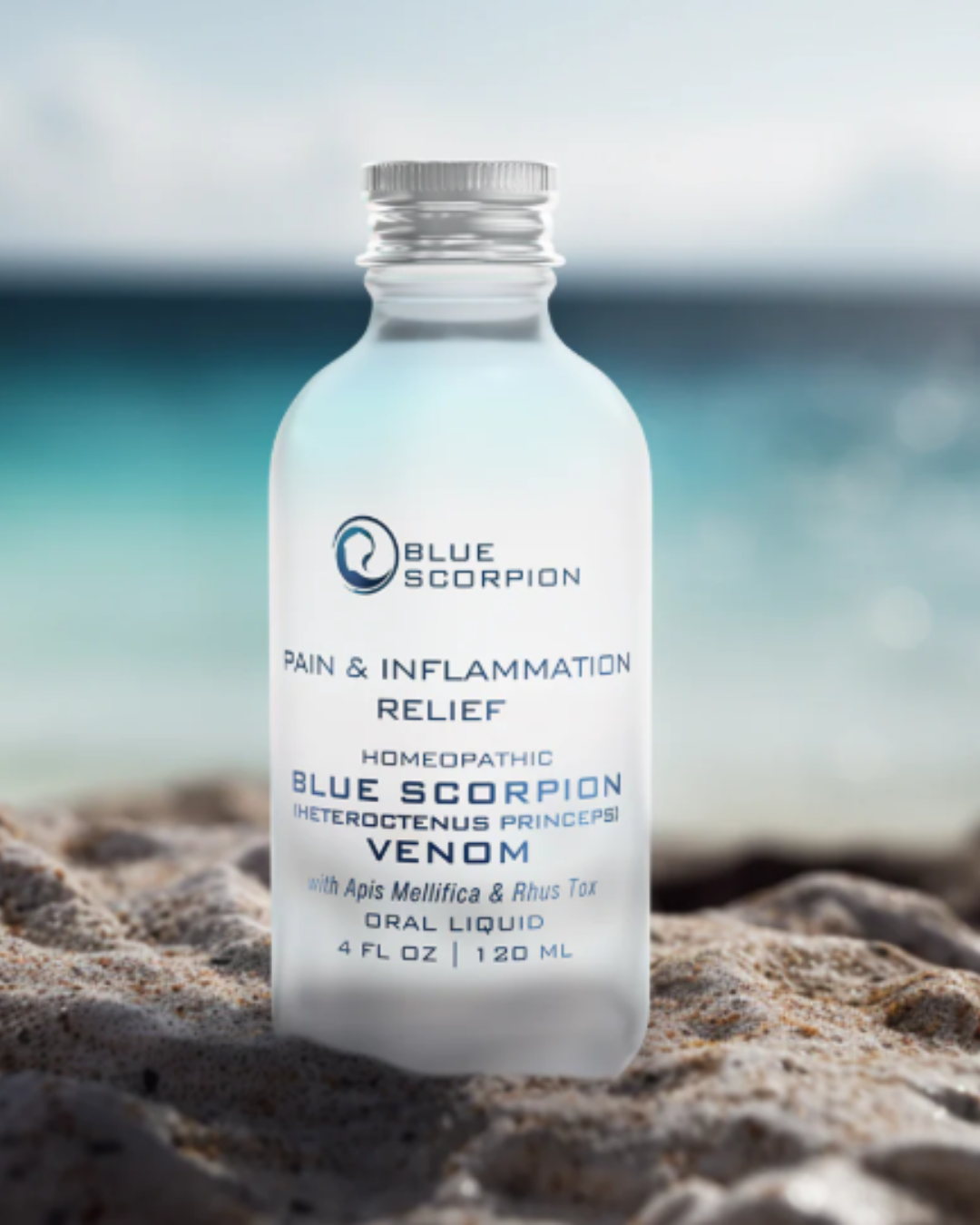Find Your Path to Lyme Recovery & Support
Discover trusted tools, specialty testing, Lyme-literate practitioners, and healing therapies, all vetted by patients and guided by physicians and experts who understand the complexities of Lyme.
⦿ Thousands of Lyme Patients Reached ⦿
Lyme Advise exists because patients deserve better guidance, clearer answers, and safer pathways to healing. Over the years, we’ve reached thousands of individuals worldwide — each looking for trusted information, practical tools, and a community that truly understands the journey with Lyme and tick-borne diseases. Our platform offers not just education, but empowerment — equipping patients to make informed decisions about their health.
⦿ Lyme-Literate Practitioners & Experts Featured ⦿
Finding the right care can be overwhelming, especially with an illness as complex as Lyme. That’s why we feature only Lyme-literate physicians, specialists, and complementary health providers who have been vetted through both patient feedback and clinical credibility. We’re committed to bridging the gap between patients and practitioners who not only understand Lyme, but also the nuance of coinfections, mold exposure, and immune dysfunction that often come with it.
Lyme Basics: What Every Patient Should Know
If you’ve lived inside that spiral of doubt, shame, or confusion, let me say this plainly: you were not educated. The healthcare system failed to teach you the basic facts about this illness, and the consequences of that failure have landed on you. This article exists to give you the framework you were never given. It won’t cure Lyme disease, but it will give you orientation—context, language, clarity, and validation. Your symptoms, your confusion, and your fluctuations all make biological sense. No one taught you how this illness behaves. That ends here. Let’s walk through what you were never told.
⦿ Exclusive Discounts on Healing Tools & Therapies ⦿
Our partnerships give you access to exclusive discounts on proven supplements, detox tools, red light therapy devices, and more — all carefully selected for safety, efficacy, and chronic illness sensitivity.
⦿ 50,000+ Community Members Across Platforms ⦿
Lyme Advise is more than a resource — it’s a community. With over 50,000 patients, caregivers, and advocates across our platforms, you’ll find connection, shared experiences, real-world advice plus weekly emails designed to help you learn and to help guide your journey.
⦿ 25+ Years of Combined Patient & Practitioner Insight ⦿
Our platform is built on decades of combined insight from both patients who’ve lived through the battle and practitioners who’ve treated complex cases. This fusion of lived experience and clinical guidance ensures you receive information that’s both compassionate and evidence-informed.
Why Many Lyme Patients Go Dairy-Free
For many people with Lyme disease and co-infections, dietary changes become part of the healing process. One of the most common adjustments? Going dairy-free. While it can feel like just another thing to cut out, eliminating dairy often leads to noticeable improvements in energy, inflammation, digestion, and sinus health.
Below, we’ll break down why dairy can be problematic for Lyme patients, what symptoms it can trigger, and how to transition to healthier, gentler alternatives that support your body’s recovery.
Lyme disease is often missed on lab tests because the bacteria can hide in tissues, change form, and even suppress the immune system. That’s why Lyme is considered a clinical diagnosis — based on symptoms, history of tick exposure, and physician expertise. While labs may support the diagnosis, they cannot rule it out. Patients with classic Lyme symptoms should never be dismissed due to negative results. Learn More
Lyme Advise
Top Picks
Visit and Learn More About Some of Our Favorite Brands and Companies That Support Lyme Patients in Their Healing Journey























